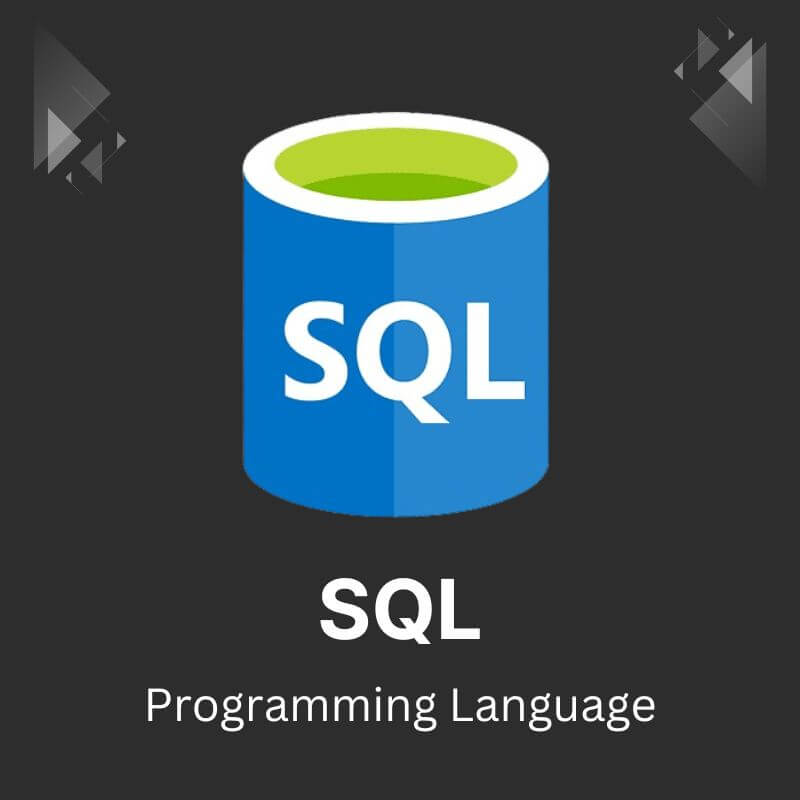Structured Query Language (SQL) is the backbone of relational database management systems, enabling users to interact with databases to store, retrieve, and manipulate data. SQL expressions play a pivotal role in this process, serving as the building blocks for queries and allowing users to perform a wide range of operations.
What are SQL Expressions?
SQL expressions are combinations of operators, constants, functions, and column references that evaluate a single value.
These expressions can be used in various parts of an SQL statement, such as the SELECT, WHERE, ORDER BY, and CASE clauses. SQL expressions allow you to perform calculations, manipulate data, and apply conditional logic to your queries.
Types of SQL Expressions
1. Arithmetic Expressions
Arithmetic expressions involve mathematical operations and are used for calculations within SQL queries. Common arithmetic operators include addition (+), subtraction (-), multiplication (*), division (/), and modulus (%).
For example:
SELECT salary * 1.1 AS increased_salary
FROM employees;
2. String Expressions
String expressions manipulate character data. Concatenation is a frequently used operation:
SELECT CONCAT(first_name, ' ', last_name) AS full_name
FROM customers;
3. Comparison Expressions
Comparison expressions are used to compare values and include operators such as =, !=, <, >, <=, and >=. They are crucial for filtering data based on specific conditions:
SELECT *
FROM products
WHERE price > 50;
4. Logical Expressions
Logical expressions combine multiple conditions using logical operators (AND, OR, NOT). They are vital for creating complex filtering criteria:
SELECT *
FROM orders
WHERE (status = 'Shipped' OR status = 'Processing') AND total_amount > 1000;
5. NULL-related Expressions
Dealing with NULL values is a common challenge in databases. SQL provides special operators, such as IS NULL and IS NOT NULL, to handle NULL-related expressions:
SELECT *
FROM customers
WHERE email IS NOT NULL;
6. CASE Expressions
The CASE expression allows conditional logic within SQL queries, making it possible to perform different actions based on specified conditions:
SELECT product_name,
CASE
WHEN stock_quantity > 0 THEN 'In Stock'
ELSE 'Out of Stock'
END AS stock_status
FROM products;
Benefits of SQL Expressions
- Data Transformation: SQL expressions allow you to transform and manipulate data in various ways, enabling you to derive new columns, perform calculations, and extract specific information from your data.
- Filtering and Sorting: By combining expressions with clauses like WHERE and ORDER BY, you can filter and sort your data based on specific conditions or calculated values.
Aggregation and - Grouping: SQL expressions can be used in conjunction with aggregate functions (e.g., SUM, AVG, COUNT) and the GROUP BY clause to perform advanced data analysis and summarization.
- Conditional Logic: With the help of CASE expressions and logical operators, you can implement complex conditional logic within your SQL queries, enabling dynamic data processing based on specific criteria.
SQL expressions are the backbone of database queries, providing the means to manipulate and retrieve data effectively.
Whether you’re a beginner or an experienced database professional, understanding and mastering SQL expressions is essential for crafting powerful and efficient queries. With a solid grasp of arithmetic, string, comparison, logical, and other types of expressions, you can unlock the full potential of SQL for data management and analysis.


